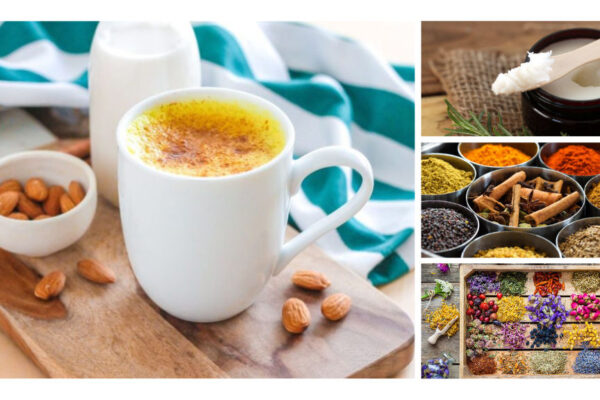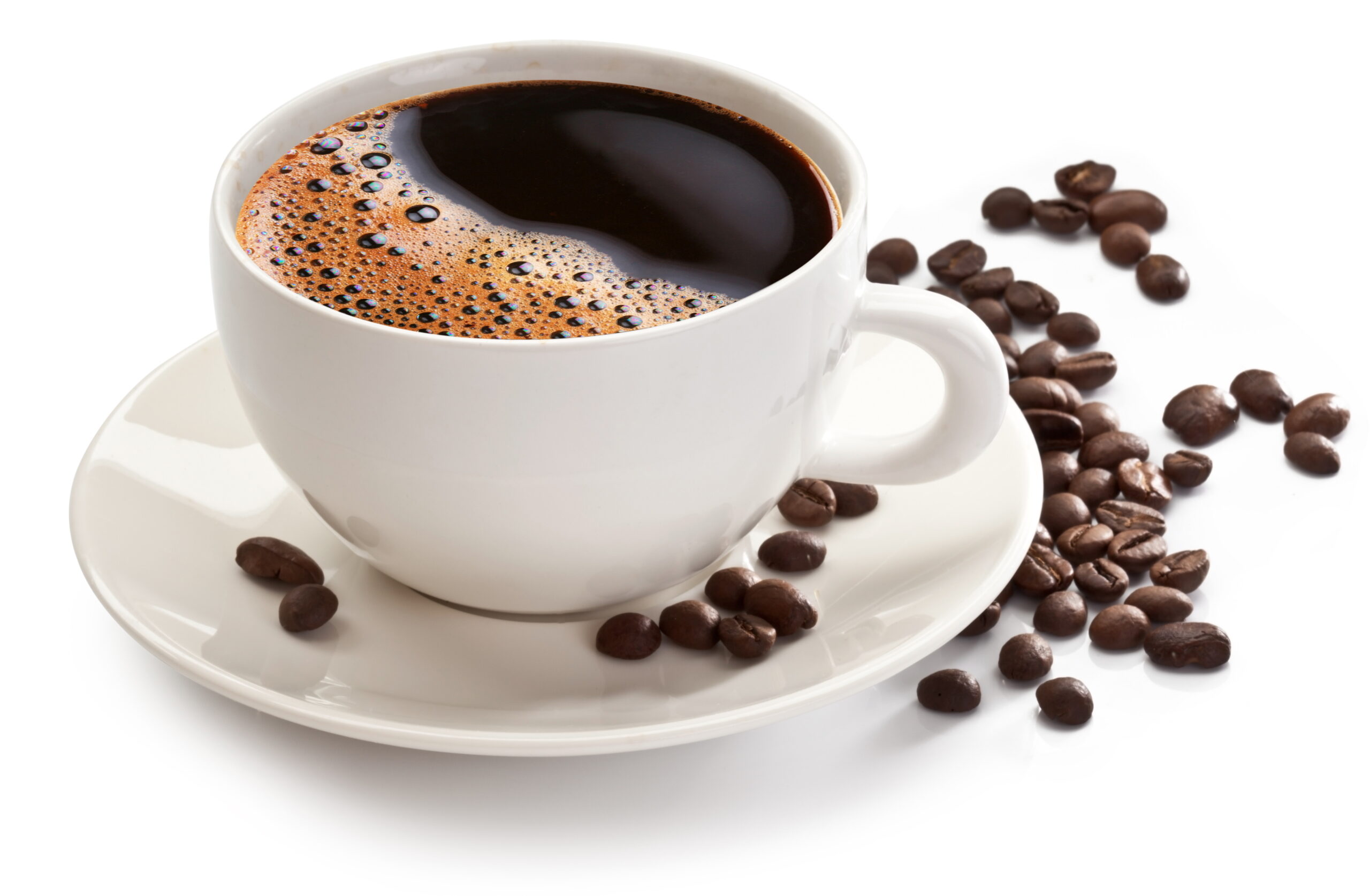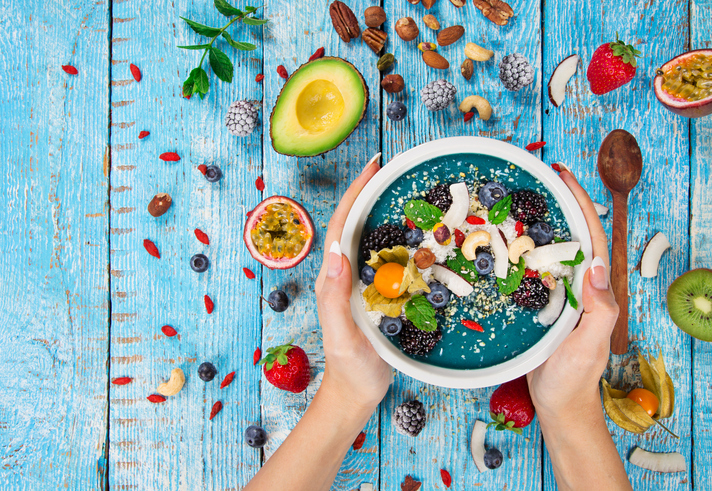Passionflower for Stress, Anxiety and Insomnia

I first discovered the beauty and magic of passionflower the first time I visited St. Lucia in 2004. I had known for awhile that passionflower had wonderfully calming effects, but I’d never witnessed how stunning and unique it was in person.
Passionflower, or Passiflora incarnata, is one of my favourite herbs because of its incredible ability to calm the nerves, reduce anxiety, help with insomnia, soothe nervous tension and depress the central nervous system. The flowers, leaves and stems are used to produce the plant-powered medicine.
Incorporating passionflower into your life can help with:
Anxiety/Panic
Passionflower is amazingly useful for anxiety, panic, nervousness and restlessness. Its anti-spasmodic properties means it can help with muscle tension and headaches, too – both of which can happen when we feel stressed and harried. There is some solid evidence to back this up, such as:
- A systematic review of 24 studies of herbal supplements – including those that used passionflower alone and those which used it in combination with other herbal therapies – concluded it is an effective method for addressing anxiety without serious side effects.
- In this controlled trial, participants with generalized anxiety randomly took either passionflower or oxazepam (a benzodiazepine) every day for four weeks. At the end of the trial period, researchers noted that while both treatments were equally effective, the oxazepam had more side effects and impaired job performance. Advantage passionflower!
- Having surgery? Passionflower might help. This study randomly gave passionflower or a placebo to patients getting ready for surgery. The people who took passionflower reported feeling far less anxious.
- No one loves going to the dentist, but this study showed that taking drops of passionflower extract significantly reduced dental anxiety (yes, that’s a thing).
Insomnia
You can imagine that when you’re cool and calm, you’re more likely to fall asleep. While there have been more animal studies that point to passionflower’s effectiveness, there are a couple of human studies that show that it works.
- In this trial, people drank passionflower tea for a week and then a placebo tea for a week. At the end of each week, researchers performed polysomnography (a sleep study that tests brain waves, heart rates, breathing, movement, etc.) and surveyed participants about their anxiety levels. The sleep quality with passionflower was much better than the placebo.
- In another clinical trial, patients took either a herbal supplement with passionflower and Valerian root or zolpidem, a sedative used to treat insomnia. After two weeks, researchers discovered that both treatments successfully helped people fall asleep more quickly, sleep longer and reduced their waking in the night. Yet – similar to the anxiety study I mentioned above, the passionflower had far fewer side effects than the zolpidem.
Neuralgia
Because of its calming and analgesic properties, passionflower can be immensely helpful in reducing nerve pain.
- In this study of menopausal women, the women taking passionflower reported experiencing fewer symptoms like headaches, hot flashes, anger, insomnia and depression.
How to Use Passionflower
- Make a tea by steeping 1 tsp passionflower with 1 to 1 1/2 cups hot water.
- Add a drop or two of passionflower essential oil to your bath or on your pillow at night (make sure you get a high quality oil – read more about that here).
- Mix passionflower tea into your favourite elixir recipe.
- Chill passionflower tea and use it as a base for smoothies.
A tricky part of herb science is plants have so many active compounds it’s impossible to identify them all or for researchers to solidly identify which compound has which effect. In other words, they know these amazing herbs work but they don’t always know precisely how! This, to me, is evidence of the synergy in nature: plant constituents work together and each plant’s power is much, much greater than the sum of its parts.
Image: iStock/benjamieson
Free Resource Library
Enjoy more than 40 downloadable guides, recipes, and resources.

























Thanks for the article. What parts of the plant are used to make the tea? Leaves and flowers?